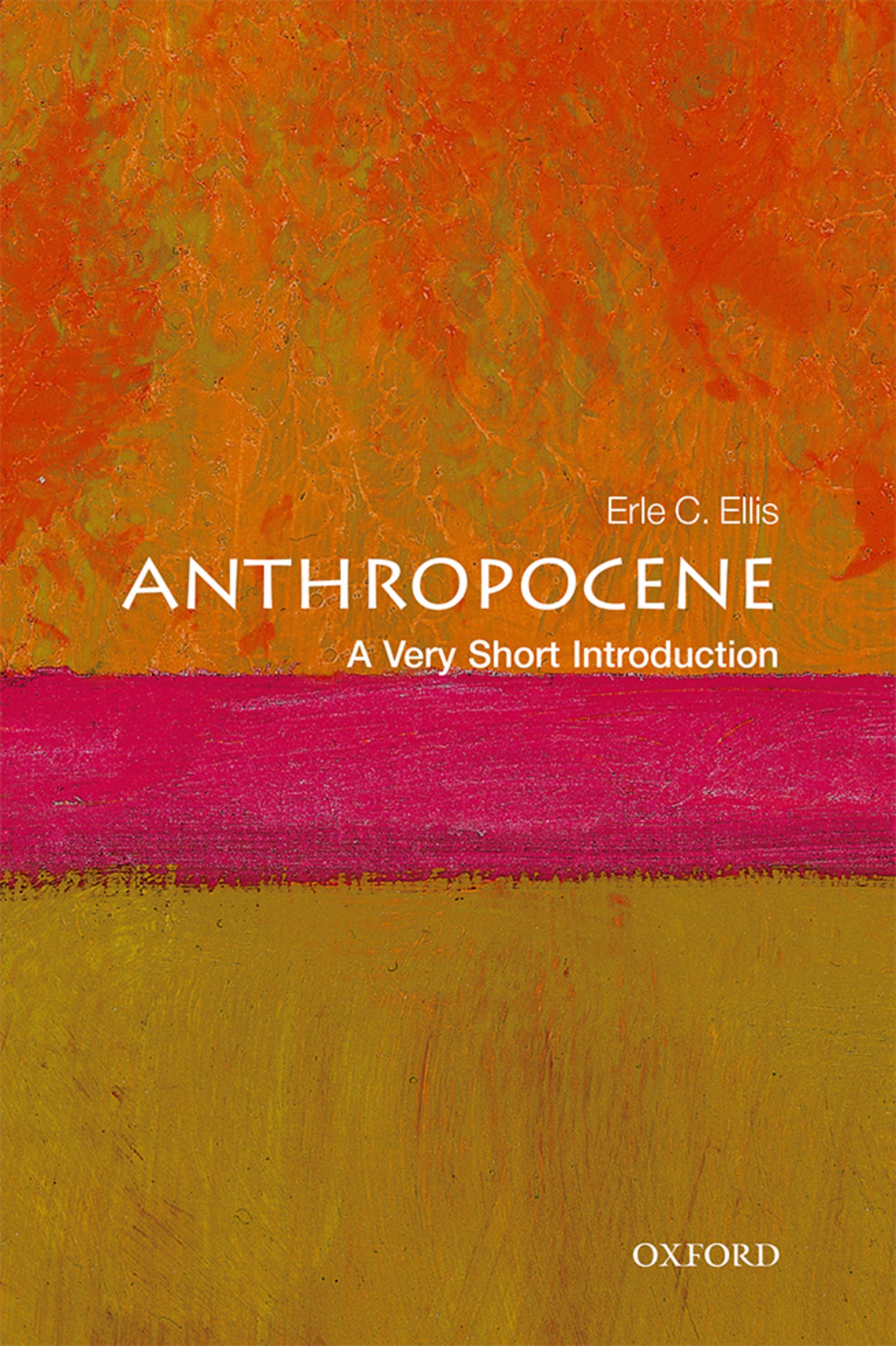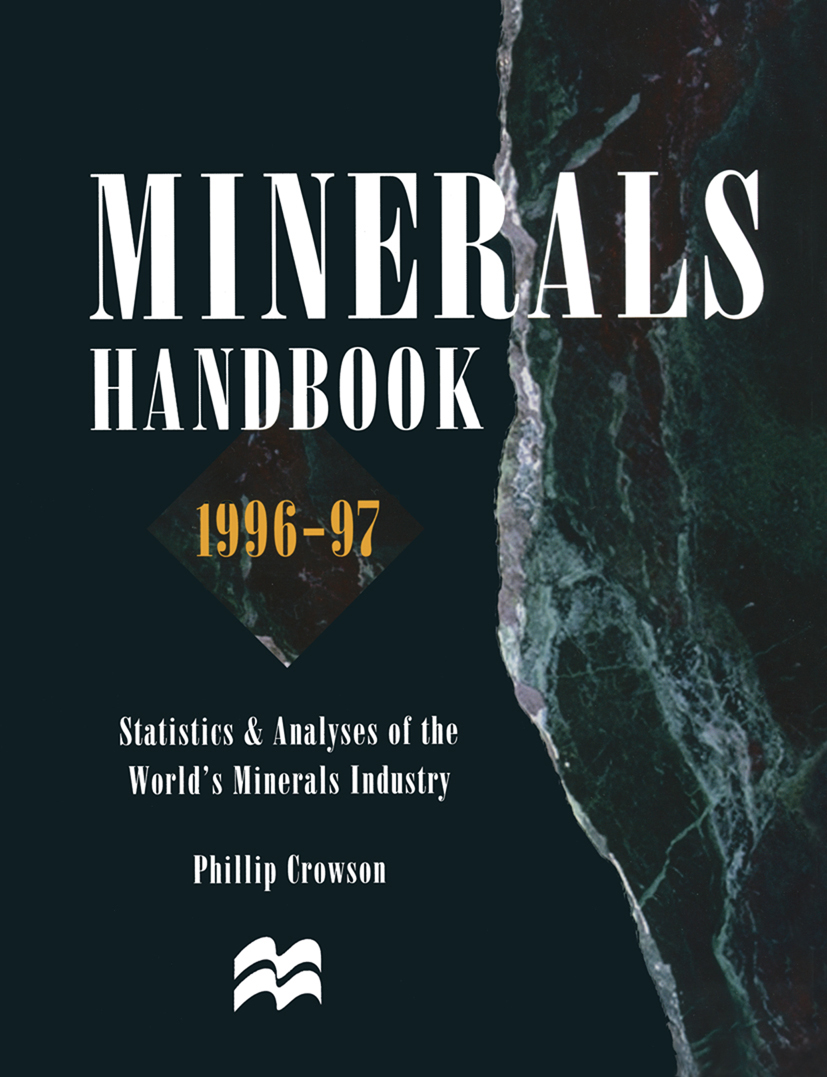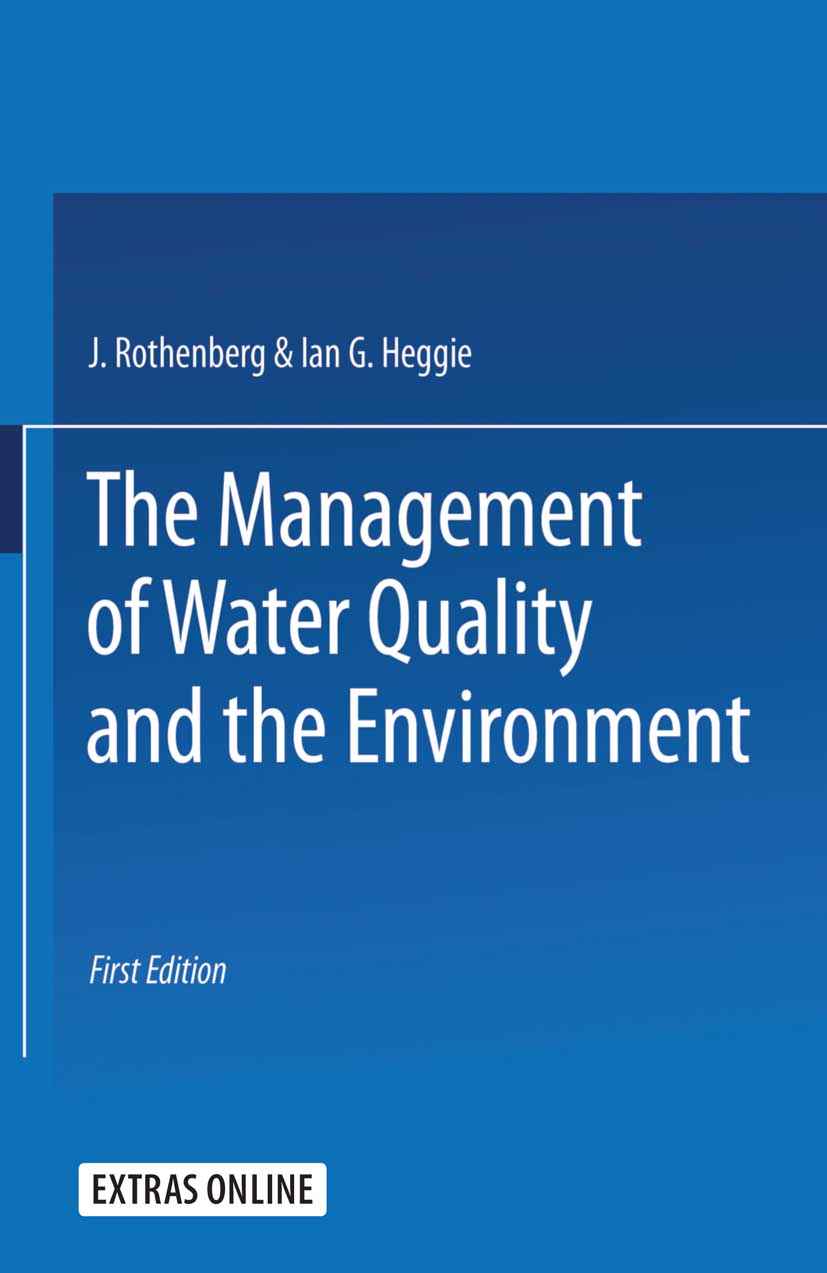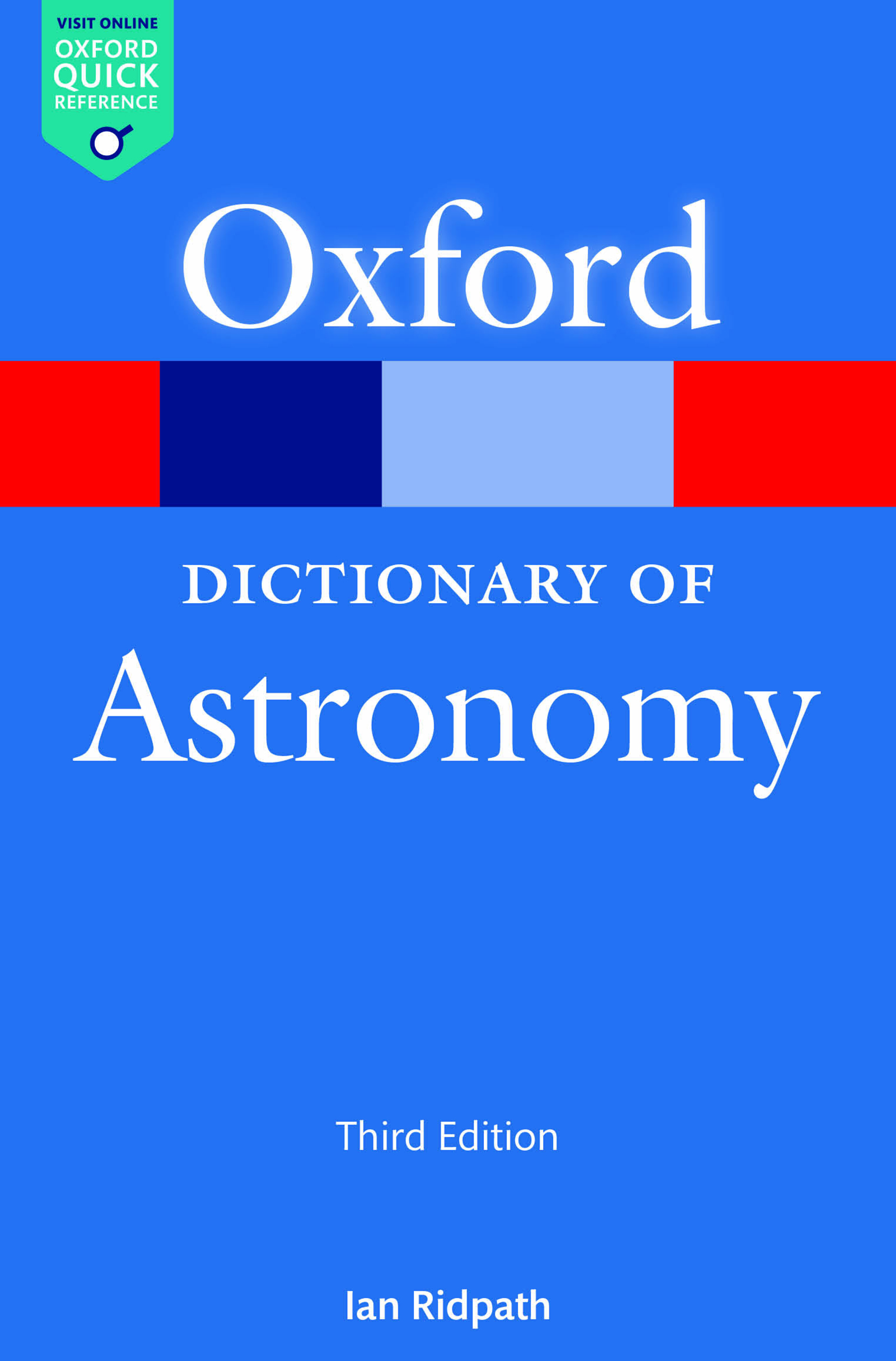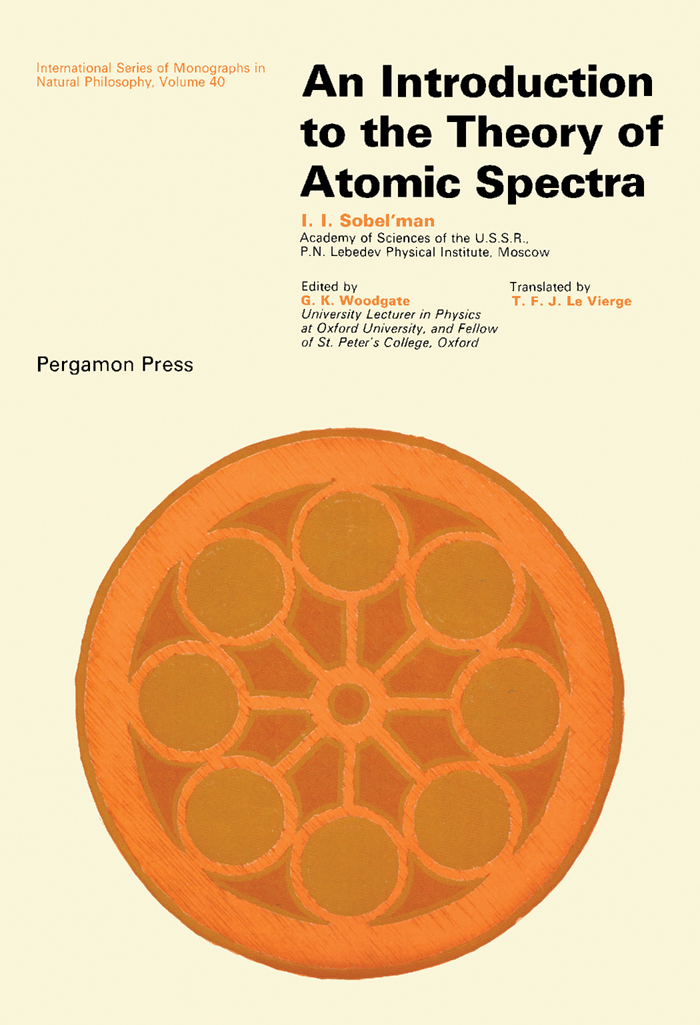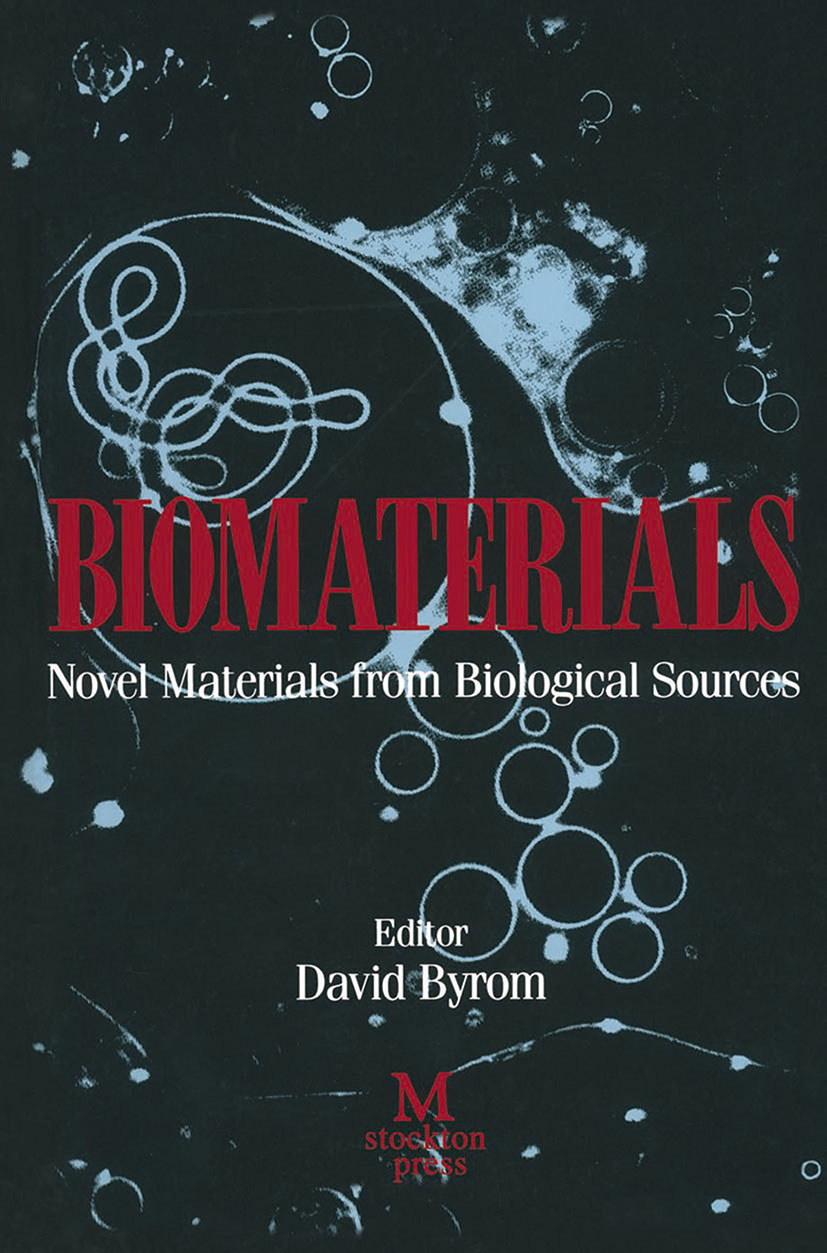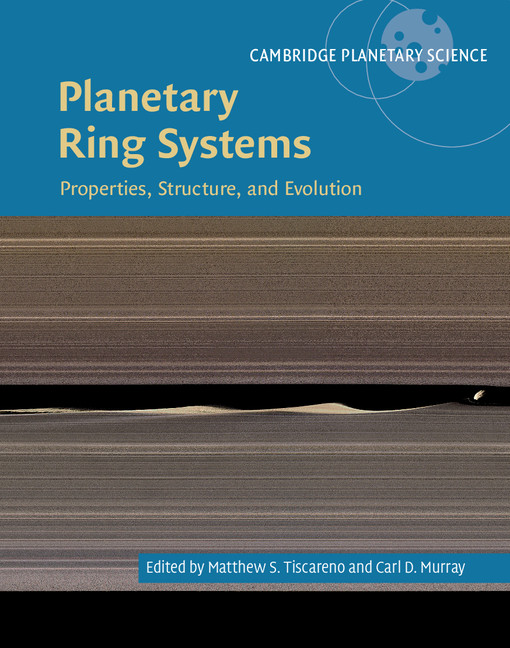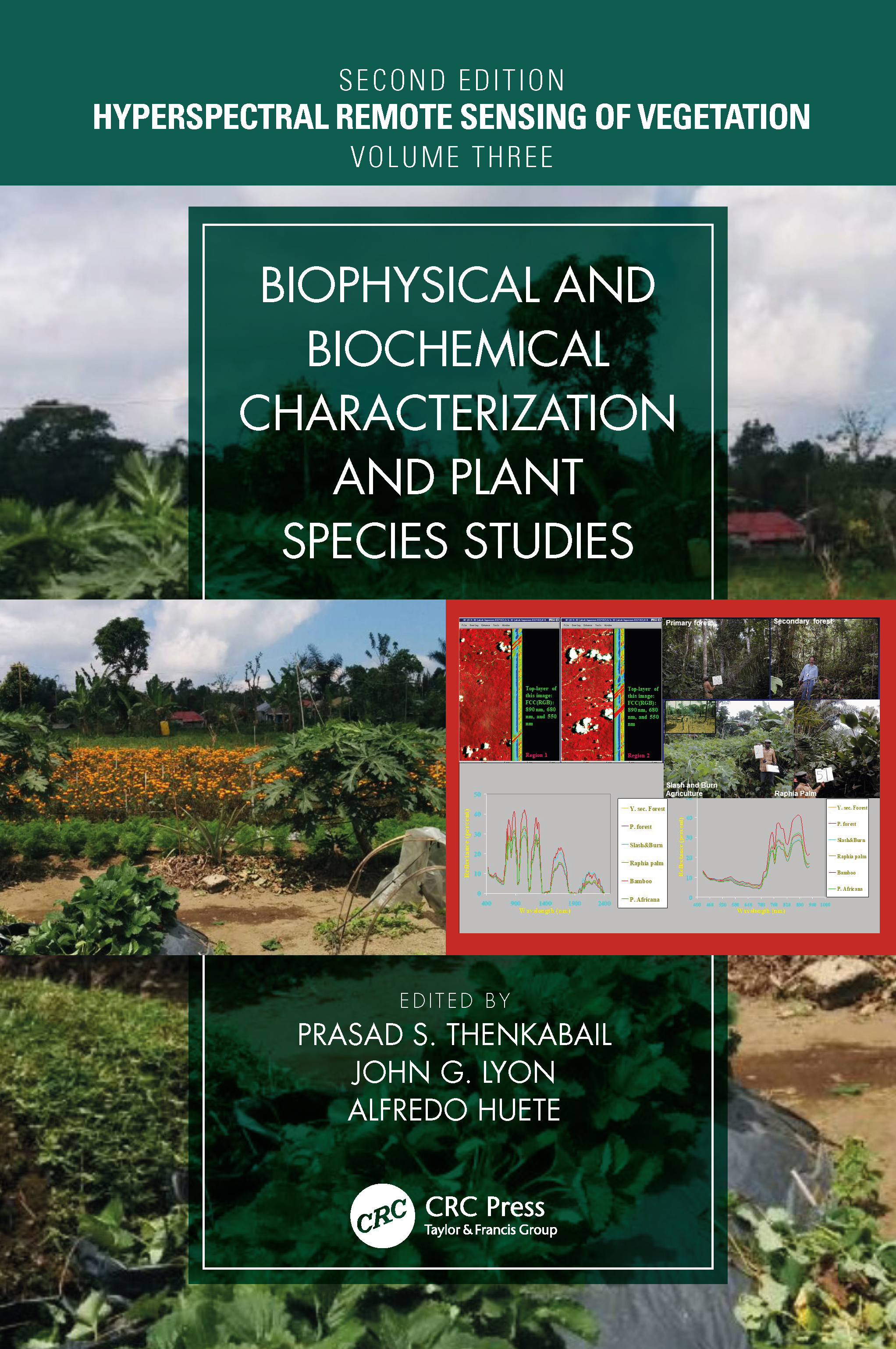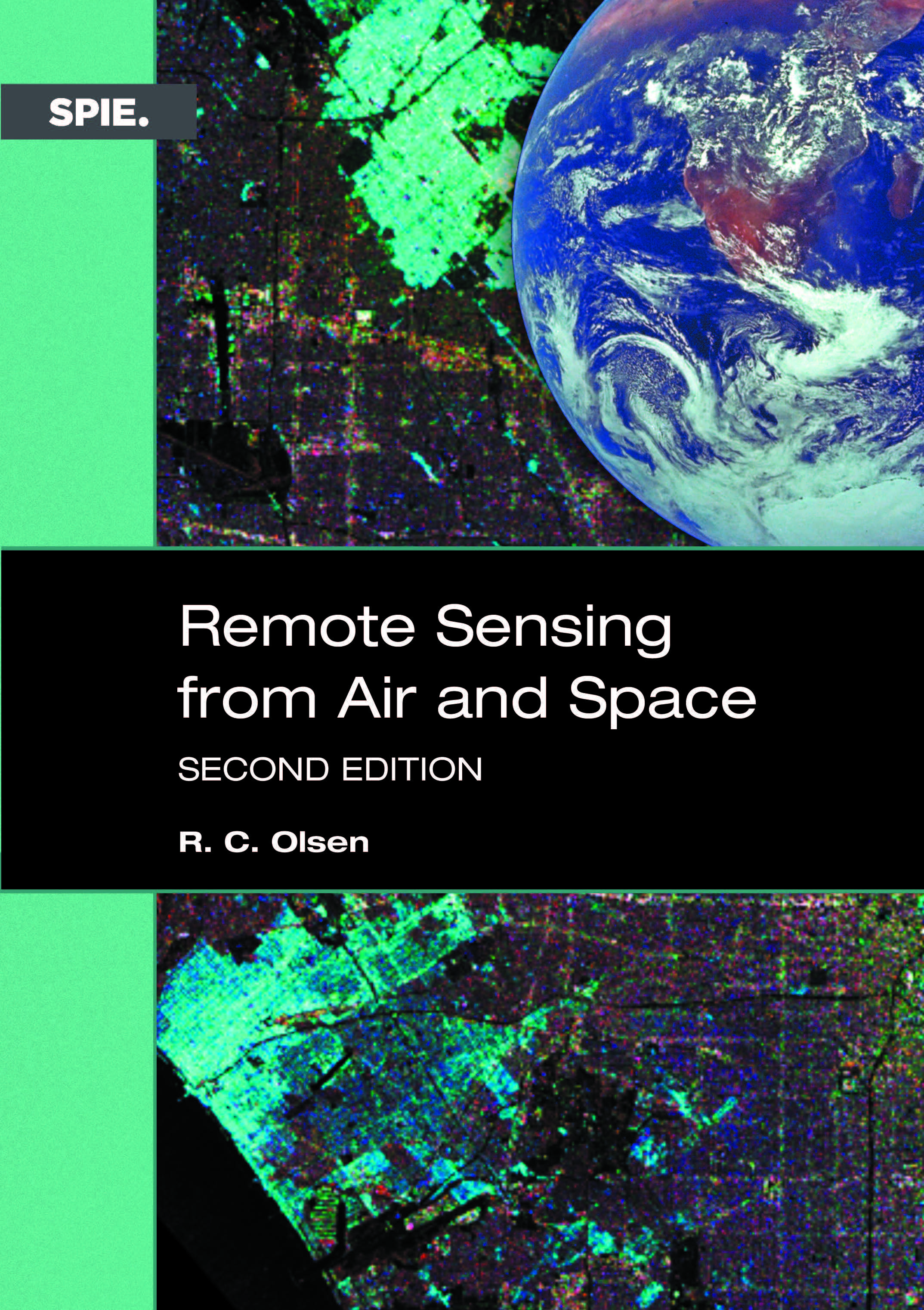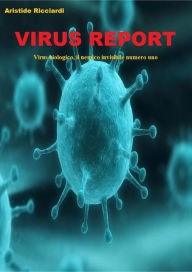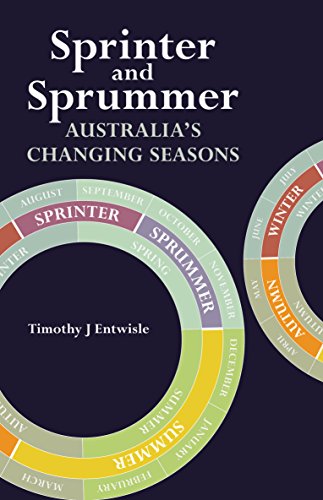Snow, Ice and Other Wonders of Water
by Ivar Olovsson
2020-05-26 10:58:19
Snow, Ice and Other Wonders of Water
by Ivar Olovsson
2020-05-26 10:58:19
The book illustrates the fascinating world of the different forms of water — from ice and snow to liquid water. The water molecule, H2O, is the second most common molecule in the Universe (behind hydrogen, H2) and ice is the most abundant soli...
Read more
The book illustrates the fascinating world of the different forms of water — from ice and snow to liquid water. The water molecule, H2O, is the second most common molecule in the Universe (behind hydrogen, H2) and ice is the most abundant solid material. Snow and ice appear in a countless large number of different shapes and with properties which can be quite different. Detailed knowledge of the properties of snow is of great importance for the Sami people involved in reindeer herding and several hundred names are used to characterize the different types. The properties of ice and liquid water are very special and unique in several respects. In contrast to most other substances, the density of ice is lower than that of liquid water, which has many very important consequences in our daily life. Water plays a unique role in chemistry and although tremendous research has been spent on this seemingly simple substance, there are still many unsolved questions about the structure of liquid water. The special properties of water are due to hydrogen bonding between the H2O molecules, and this book may be seen as a tribute to the hydrogen bond. The general properties of the hydrogen bond are treated in three separate papers. The hydrogen bond is of fundamental importance in biological systems since all living matter has evolved from and exists in an aqueous environment and hydrogen bonds are involved in most biological processes. There is a hundred times more water molecules in our bodies than the sum of all the other molecules put together. Contents: There are Many Different Types of Snow; Early Snow Crystal Observations; Artificial Snow Crystals; Snow and Ice Crystals in Nature; Snow for Pleasure and Art; The Ice Surface and Formation of Ice Spikes; Structure and Physical and Chemical Properties of Water and Ice; Physical Properties of Water and Ice; Significance in Nature; The Water Molecule is Unique; The Role of the Lone Pairs in Hydrogen Bonding; Comparison of the Proton Transfer Path in Hydrogen Bonds from Theoretical Potential Energy Surfaces and the Concept of Conservation of Bond Orders; The Hydrogen Bond in the Solid State. Readership: Interested lay readers. Keywords:Snow;Ice;Water;Hydrogen Bond Key Features: The book differs from most books on snow as it covers early, historical observations as well as present active research. Some of the snow pictures are unique and illustrate fundamental physical facts; The beauty of snow crystals is amply illustrated, but basic facts about structure and properties are treated as well. Why does ice float on water? Why is the maximum density of water at +4°C?
Less







